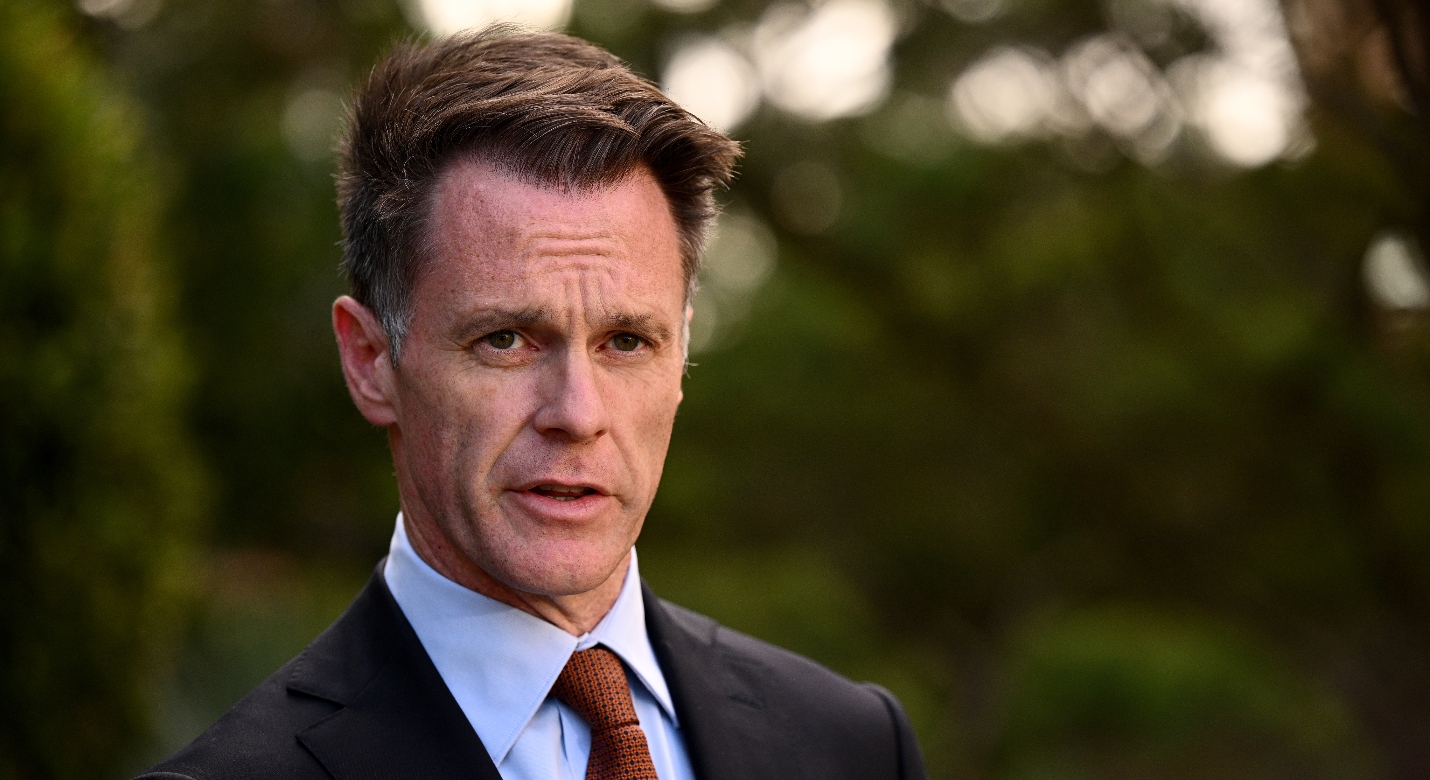
I travel to see the small things, the contrasting ways people deal with the human condition minute by minute. Big scale stuff is becoming globalised anyway.
Take street cleaning. Sydney has its flouro-clad workers on their scheduled beats, in radio contact with base, sometimes even under surveillance by detectives hired by the City to keep tabs on their behaviour. They hurry down the street sweeping piles out for a huge roaring sweep truck that speeds by and leaves 20 percent of the rubbish behind. All in the name of a western concept of efficiency.
Beijing on the other hand seems to keep its municipal workers at a post, every inch of the vast city under someone’s care all day. No crumb escapes their attention.
For example: Throngs feast in a crowded food street just off Wangfujing, Beijing’s Pitt Street Mall. It’s a teeming laneway, free of haggling, filled with food stalls, colour, shouting and song, kebabs, rolled pancakes, tender squid balls, grilled whole lamb shanks, hot yoghurt drinks sold in earthenware pots – you stand there, warm your innards in the minus-something cold and hand back the pot for recycling, no waste except for the straw.
We try a paper bag of slightly sweet, nutty roasted chestnuts away from the jostle (ah, fibre!), carefully collecting the shells on a flat metal surface so we can dump them in a nearby skip being tended by a sweeper.
But the second we return the shells to the empty bag and lift it, the man is there brushing every crumb off the metal and the ground, leaving it spotless. It feels as if he is almost house-proud.
Then he dumps it, retrieves a naked female shop dummy from a corner and proceeds to dance with it down the laneway, cracking up the vendors and customers alike.
So un-Sydney. Our street sweepers would be punished for that. Later, I spot a small plastic bag rolling among the feet of the crowd. Remarking on the rare sight, I say: “Look, there goes a…” But before I can finish my sentence, a woman darts into the crowd, deftly pins it with a stick and dumps it into a sack.
We flee to a shopping mall and resort to a Starbucks less for the coffee than the warmth. A local man sleeps happily in a corner while a young girl circles the concourse outside on one of those fishtail skateboards. She notices me taking photos and gives me a wave and a smile on each lap. In Sydney a security guard would have had her by the scruff of the neck. In Beijing, no-one gives a toss because she is doing no harm.
China is accused of playing the spoiler at Copenhagen, and Beijing is famously polluted, but at street level it is far more environmentally effective than Sydney’s plastic bag and car culture.
After a welcome visit to the loos in the International Bookstore we purchased a copy of Raise the Red Lantern and a card showing a friend’s name in Chinese characters and its notional meaning in Chinese. (My name was translated as ‘rice tall’).
The checkout girl ties them into a plastic-free bundle with string. Neat.
Most small mopeds and three-wheeled utility vehicles are electric, silent and clean. There must be infrastructure for charging them – how that works when most people live in monumental blocks of flats I don’t know, but they make the streets pleasantly cleaner and quieter.
Public rubbish bins are divided into garbage and recyclables. And stuff IS recycled – you see it being collected by workers with electric bikes towing trailers, different units blowing different horns for different categories of stuff or workers sorting bottles, plastic and paper into different bags. While Beijing is getting wealthier, like the rest of Asia it is sufficiently poorer than the west for this level of recycling to be driven by hard cash, not ideology. We are simply too rich for our own good.
On the extensive metro system, where your bags are put through an airport-style X-ray machine on entry, you pay the standard two-Yuan fare and scan your ticket at the automatic gate. At the end of the journey you insert it into a slot which captures the sturdy card for re-use. The platforms have bins, unlike Sydney which has removed them as a counter-terrorism measure yet does not check bags, instead trawling station gates with sniffer dogs looking for marihuana. I feel safer on the Beijing metro. Outside suburban stations, covered multilevel bike-parking racks are provided, and they are full.
The subway is a joy, easily navigable by a jet-lagged foreigner familiar with only two words of Mandarin. All signs are duplicated in English, and the carriages have electronic readouts showing next stop, plus diagrams with coloured lights showing your position on the route. Then a recorded female voice tells you the approaching stop first in Mandarin and then in a loud, clear American-accented English. Yes, it’s perfectly intelligible, unlike most of the crackly gibberish broadcast in third-world Sydney’s rattlers. And the trains arrive every three minutes.
Seats near the carriage entrances have highly specific signs, reserving them for “seniors, children, pregnant women, the sick and the disabled,” complete with graphic icons. The icon for pregnant women was new to me.
People here lock their bikes in the street but only wheel-to-frame, never to a pole. It seems the occasional thief might take one on a joy-ride but the bikes are safe from actual theft. Security measures on ordinary buildings, too, are far lighter than in inner Sydney. The Chinese are a relatively honest lot.
In smaller Chinese cities, solar hot water systems are visible on nearly every roof, and they work a treat despite the atmospheric haze and the weak, low northern winter sun. New apartment developments are low-rise, giving each apartment space for a solar heating unit. Our addiction to the profit potential of high-rise makes that impossible.
I asked an expat we met whether the solar units were mandatory or whether their popularity was driven by money-saving.
“Sunshine is free,” he said, and the Chinese will go with the savings every time.”
Australia has far more sunshine than China, so it’s strange that the same logic does not, to any great extent, apply here.
It’s an ancient nation but in many ways it is forging ahead of the complacent west. Indeed we live in interesting times.
by Michael Gormly









